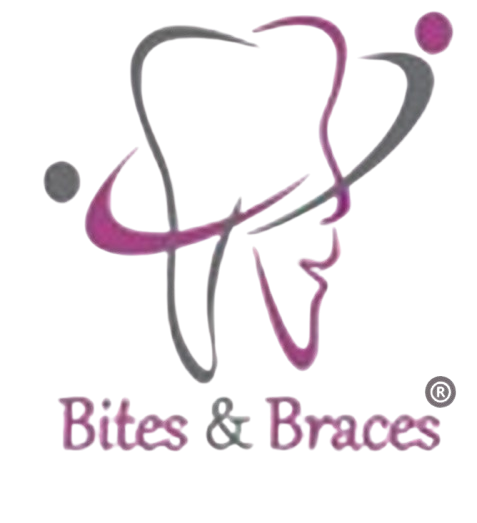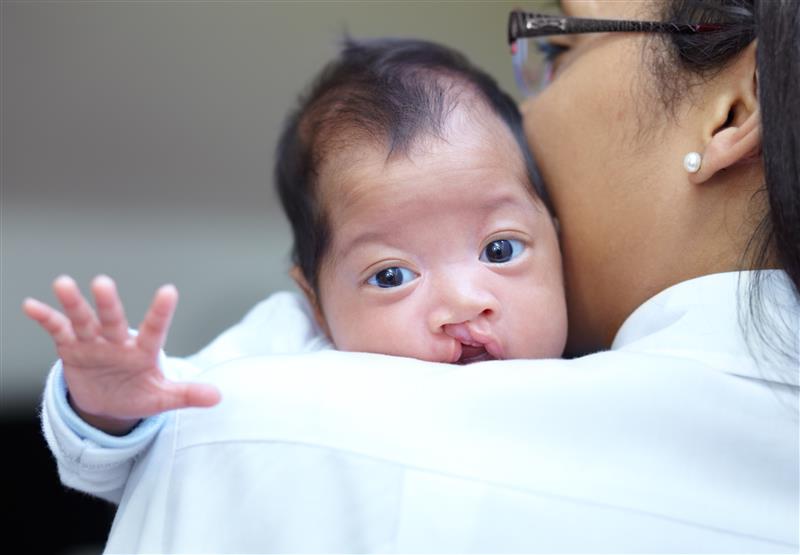What is Cleft Lip and Palate?
A cleft lip is a split or opening in the upper lip. A cleft palate is a gap in the roof of the mouth. Both conditions happen when a baby’s mouth does not form fully during pregnancy. These birth differences can affect eating, speaking, and dental health. Many children with cleft lip and palate need surgery to repair the opening. However, dental care is important both before and after surgery to support healing and long-term health.
Why Dental Care Matters in Cleft Lip and Palate
Good dental care is very important for children with cleft lip and palate. Because of the opening, food and germs can get trapped more easily. This can lead to tooth decay, gum disease, or infections. Also, teeth may grow in crooked or out of place. For these reasons, dental care helps prevent problems and supports a healthy mouth before and after surgery. According to the World Health Organization, early dental visits can improve outcomes for children with cleft conditions.
Dental Care Before Surgery
Before surgery, children with cleft lip and palate need special dental care. Early visits to a dentist or cleft team are helpful. Dentists will check for any tooth problems and teach parents how to clean their child’s mouth. Keeping the mouth clean lowers the risk of infection during and after surgery. Here are some key steps:
In addition, dentists may suggest fluoride treatments to protect new teeth. Early dental hygiene helps prepare the mouth for surgery and healing.
Dental Care After Surgery
After cleft surgery, the mouth needs time to heal. However, gentle dental care must continue. Good oral care helps prevent infection and supports recovery. Here are some important tips for oral care after cleft surgery:
Sometimes, children may need extra dental visits to check healing. Dentists can spot problems early and give advice on caring for new teeth. According to the CDC, regular dental care after cleft surgery lowers the risk of future oral health issues.
Tips for Parents and Caregivers
Parents play a big role in children’s dental health. With cleft lip and palate, extra care is needed. Here are some helpful tips:
With these steps, you can help your child have a healthy smile and avoid dental problems.
Prevention and Long-Term Oral Health
Long-term dental care is important for children with cleft lip and palate. Even after surgery, teeth may need extra care. Here are some ways to protect your child’s oral health for years to come:
With regular care, most children with cleft lip and palate can enjoy strong, healthy teeth. Early and ongoing dental care supports good speech, eating, and self-confidence.
For more information, visit trusted sources like the World Health Organization and the Centers for Disease Control and Prevention.
Consult a dental specialist for personalized advice on cleft lip and palate care.


